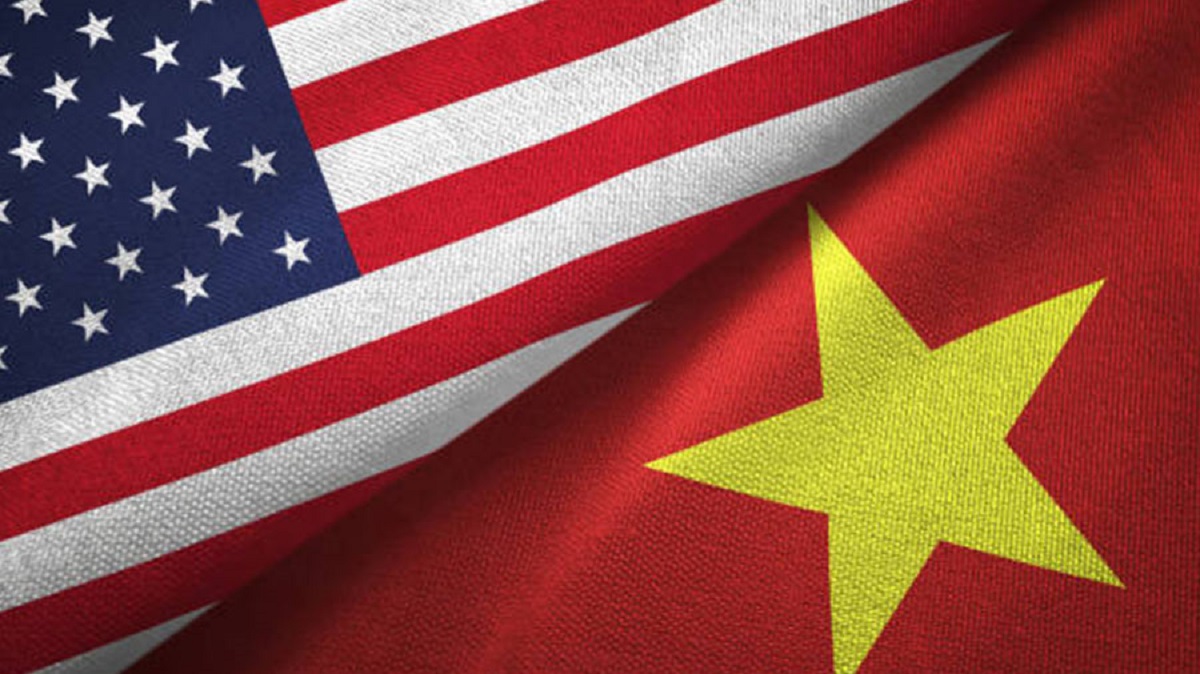US-Vietnam trade deal averts heavy tariffs but raises China tensions
BY Insider Desk
July 04, 2025

A new trade agreement between the United States and Vietnam has shielded the Southeast Asian nation from the harshest of former US President Donald Trump’s latest tariff measures, while drawing criticism from China over its potential geopolitical implications.
The deal, announced Wednesday, spares Vietnam from a planned 46 percent tariff set to take effect next week. Instead, it will face a reduced 20 percent tariff on certain exports, in exchange for opening its market to US goods, including automobiles.
However, a punitive 40 percent tariff will be applied to goods suspected of being transshipped—routed through Vietnam to evade higher tariffs on Chinese imports.
Vietnam, which holds the third-largest trade surplus with the United States after China and Mexico, was among the top targets of Trump’s “Liberation Day” tariff announcement on April 2. The agreement marks the first full trade pact Washington has concluded with an Asian country under Trump’s current trade policy framework, which he calls “reciprocal”.
Analysts suggest the deal may serve as a model for future US trade negotiations with other countries. But the move has stirred tensions with Beijing, which has long accused Washington of using trade deals to contain China’s influence.
China’s Foreign Ministry spokesperson Mao Ning warned Thursday that bilateral trade negotiations “should not target or harm the interests of third parties.”
The US has previously accused Vietnam of relabelling Chinese products to sidestep tariffs. While Vietnamese officials deny deliberate violations, they acknowledge the country’s heavy reliance on Chinese raw materials for its manufacturing sector.
Capital Economics said the deal’s provisions on transhipment “will be seen as a provocation in Beijing,” especially if replicated in other upcoming trade agreements.
Investor reactions were mixed. Shares in US-listed companies with manufacturing ties to Vietnam, particularly in the clothing and sports equipment sectors, initially rose but later declined as the full terms of the agreement became clearer.
“This is a much better outcome than a flat 46 percent tariff, but I wouldn’t celebrate just yet,” said Dan Martin of Dezan Shira & Associates in Hanoi. He noted that the impact will hinge on how Washington enforces the transhipment clause. “If the US takes a broad interpretation, it could end up affecting many firms that are actually compliant.”
Vietnam’s Foreign Ministry confirmed on Thursday that detailed discussions on implementing the agreement are ongoing. However, Trump’s announcement on his Truth Social platform provided few specifics on how transhipment will be monitored or penalised.
Tags:
Most Read

Electronic Health Records: Journey towards health 2.0

Making an investment-friendly Bangladesh

Bangladesh facing a strategic test

Understanding the model for success for economic zones

Bangladesh’s case for metallurgical expansion

How a quiet sector moves nations

Automation can transform Bangladesh’s health sector

A raw material heaven missing the export train

A call for a new age of AI and computing
You May Also Like
